
Cote d’Ivoire has undergone a remarkable economic resurgence following two civil wars (2002-2007 and 2010-2011). The impressive growth across all economic parameters, such as low inflation rates, minimal youth unemployment, economic diversification and strategic infrastructural developments, have fueled the country’s remarkable stability and growth. However, this economic miracle and sustained macroeconomic stability over time (despite significant setbacks that have affected the world in recent times) of this medium-sized African nation has revealed a stark contrast to the deficits and fluctuating progress of Nigeria, a nation considered to be the continent’s powerhouse, thus questioning the verisimilitude of the country’s traditional status as Africa’s giant.
COTE D’IVOIRE’S RISE; POST CONFLICT RECOVERY
The civil wars devastated Cote d’Ivoire’s economy, disrupting key sectors like Cocoa production and damaging vital infrastructure, affecting trade and investment; the aftermath of this chaos led to a post-conflict recovery that involved restoring political stability and implementing strategic economic policies that involved significant investments in infrastructure, particularly in electricity, roads and ports. This, in turn, improved connectivity, reduced business costs and stimulated economic activity. For example, the Abidjan-Saint Pedro drive, once eight hours, now takes four.
The diversification of the Ivorian economy— reducing its heavy reliance on cocoa— and expanding its exploration of oil and gas and various industrial sectors also helped produce a more balanced and resilient economy. In addition, foreign direct and private investments grew at an average of 8.6% over the past decade.
The cumulative effect of the strategies imposed by the country has painted a vivid, compelling picture, as key economic indicators suggest this narrative. According to the IMF, there has been impressive economic growth at around 7% per annum from 2012 to 2023, with steady projections estimated at 6.5% for 2024-2025. The inflation rate has remained low despite the ripple effect of the 2020 pandemic across the world. It was 3.8% as of 2024, against a West African average of 21.6%. Youth unemployment is at an all-time low of about 5%. In 2023 alone, the unemployment rate was as low as 2.4%, showing no significant changes in the previous year. According to the World Bank, with real GDP growth averaging 8.2% between 2012 and 2019, Cote d’Ivoire successfully contained the covid 19 pandemic, maintaining a 2% rate in 2020. Despite inevitable disruptions, the country’s resilient trajectory has posted real GDP growth of 6.5% between 2021-2023 and is projected to remain robust in the coming years. Provided sound macroeconomic and structural reforms are sustained, the country’s growth prospects remain favourable, with an average annual expansion of 6.5% forecast from 2024 to 2026.
There is also improved electricity access, which supports industrial development and improves living standards. The improved access to electricity has supported the growth of small and medium-sized enterprises. As of 2013, only 34% of Ivorians were connected to the grid. Through the government’s Electricity for All program launched in 2014, the government hopes to connect 100 per cent of the country’s households to the national grid by 2025. Enhanced port infrastructure has also facilitated international trade, positively affecting investment and boosting growth.
The country has also attracted foreign and private investments through government policies promoting entrepreneurship and a favourable business environment. According to UNCTAD’s World Investment Report 2023, the Ivorian economy attracted 1.58 billion USD in FDI inflows in 2022, up by 15% year-on-year above the level recorded before the pandemic. It also received more private equity funding than any francophone West African country between 2012 and 2024.
Thanks to the economic expertise of Alassane Ouattara, the country’s president, with a background as an economist, deputy director of the IMF and governor of the Central Bank of West African States (BCEAO), he has been able to influence the Ivorian economy leading to an economic expansion substantially. He has also energetically promoted his country abroad. Introducing a new investment code enacted in 2018 that repealed the investment code 2012, this new enactment offered tax benefits and custom waivers to investors who hire locally. This has played a significant role in fostering an environment that attracts foreign investments.
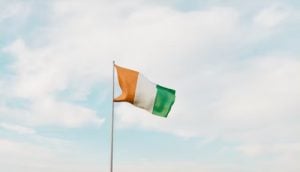
AN INTROSPECTIVE LOOK INTO THE WEST AFRICAN GIANT
In recent times, Nigeria’s image as West Africa’s giant has been under scrutiny due to various factors such as corruption, bad governance, economic and political instability, and ethnic and religious tensions amidst worsening insecurity in the country.
Despite its vast population, diverse economy and abundant resources, Nigeria has struggled to translate this potential into meaningful, tangible progress. In the early 2000s, optimism rose as Nigeria was included in the next eleven emerging market groups worldwide. This was also projected by other meaningful institutions such as Citigroup, the International Monetary Fund and the World Bank, which expressed similar confidence, citing the nation’s resource base and market size as key drivers for rapid economic expansion. However, these predictions have yet to materialize. According to the National Bureau of Statistics, in December 2024, Nigeria recorded an inflation rate of about 34.8%. From 2015-2022, there has been a GDP per capita decline, though recent quarters have shown some growth.
Unemployment remains a concern now that a huge portion of the workforce is engaged in the informal sector. Over-reliance on oil—which places it in a position of global oil price fluctuations—has led to economic volatility, exacerbated by crippling infrastructural deficits in roads, ports and power. Inadequate provision of accessible roads, ports, and even power is proving to be a drag to the economy, hampering foreign investments in the country by increasing operational costs and creating an unappealing business environment. A good example is the exit of the pharmaceutical giant GlaxoSmithKline from Nigeria in 2023, partly due to rising costs and business challenges. According to a report, Nigerian foreign investment inflows fell by 26.7% in 2023, a decline from the previous year caused by a consecutive drop in foreign investment inflows.
Nigeria’s policies and governance have also played a profound role in the impact of its economic performance. Frequent changes in government policies and corruption at different levels of government have hindered infrastructural development, eroding investor confidence and discouraging foreign investment.
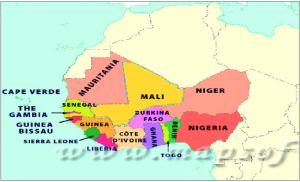
A COMPARATIVE ANALYSIS AND SIMILAR CHALLENGES
Contrary to its smaller size, Cote d’Ivoire still boasts a higher economic complexity index, ranking 114 as of 2023, while Nigeria ranked 129. Cote d’Ivoire’s sustained growth, stability, and growing infrastructure have painted a sharp contrast with the West African giant. The poverty rate has been dramatically reduced through favourable and sensible government economic policies like continuous public investment in high-priority, socially-oriented infrastructure. Conscious investment in infrastructure has led to more private investments. Foreign firms are backing banks, fintech companies, and manufacturing and packaging companies. In Nigeria, however, policy inconsistency coupled with infrastructural deficits have led to a decline in securing FDI and advancing essential and non-essential sectors of the economy.
Valuable insights can be gained by the Nigerian government from the diversification of the Ivorian economy to different sectors, minimizing the country’s vulnerability to commodity price shocks and constantly shifting global economic trends. The oil price crash during the COVID-19 pandemic highlighted the need for Nigeria to diversify the economy— a long overdue move— yet there seems to be no move by the Nigerian government towards this. A report from the Nanyang Technology University’s Centre for African Studies showed that the Nigerian economy loses at least 5% of its GDP annually due to unreliable power supply. Another National Bureau of Statistics report revealed that approximately 58% of Nigerians are connected to the national grid. Meanwhile, the latest figures suggest that at least 94% of Ivorians are connected to their national grid.
Reporting relatively low youth unemployment, thus suggesting a healthier labour market, the Ivorian economy has benefitted from its diversification, creating varied employment opportunities. Though Nigeria’s unemployment rate, while fluctuating, has seen a recent decline, the limited economic diversification and infrastructural deficits have contributed to the unemployment rate. The increasing unemployment rates might indicate an expanding labour force with more individuals entering the market. However, the economic activity rate cannot absorb this growing labour supply.
While Cote d’Ivoire’s economic success underscores the importance of sound financial management, strategic investment and political stability, the Ivorian narrative has its complexities and challenges. An example of such a threat is the country’s politics. For one, the extended tenure of President Ouattara—who challenged the constitutional two-time limit to win his third term— and his propensity to run for a fourth in the upcoming elections has introduced an air of uncertainty in the political space. This political tension could disrupt the economic stability encountered earlier in the civil war.
Also, the rapid economic growth creates a demand for skilled labour that the educational system may not fully meet. This could hinder further industrial development and innovation. Already, entrepreneurs grouse for lack of skills. Nigeria already faces significant skill shortages, but this situation is compounded by the nation’s larger population and more complex structure, which is not peculiar to the Ivorian structure.
Unlike in Cote d’Ivoire, where the rapid economic growth is outpacing the development of a skilled workforce, in Nigeria, however, there is the issue of “brain drain” whereby these skilled workers leave the country, causing a wide gap in the system, affecting different sectors.
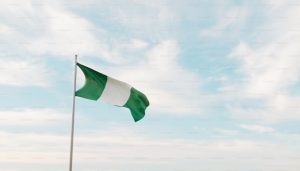
REGIONAL IMPLICATIONS FOR COTE D’IVOIRE EMERGING POWER
Cote d’Ivoire’s economy is gradually positioning itself as a more significant regional power, but whether it fully assumes this role depends on several factors. While its consistent GDP growth, low inflation and diversified economy attract investments and bolster its regional influence, it must deal with the challenges and hurdles that could hinder its rise. These include sustaining a healthy political climate and good policies, which are crucial for maintaining investor confidence. Accessing skills shortages is also essential to meet the country’s increased demand for skilled labour due to the rapid economic growth.
There is also potential for Cote d’Ivoire’s sustained economic growth to reshape regional trade, investment flows and economic integration efforts within West Africa. Through increased trade volumes, the modernization of the port of Abidjan can become a significant hub for intra-regional trade with its enhanced capacity and efficiency. This facilitates the movement of goods and reduces transportation costs. The country’s success in attracting FDI could also pressure other neighbouring countries to improve their investment climates. Also, Cote d’Ivoire’s infrastructural investments can serve as a model for other West African countries, encouraging regional infrastructural development.
Though with a changing economic landscape, the future outlook for these two West African countries looks promising. By leveraging focused and smart policies that encourage economic success, challenging several economic barriers, learning a thing or two from each other’s experiences, and addressing shared challenges, there is hope for a more stable economic future for both countries.
About The Author
Related Articles
Mali Says Reports of New Three-State Sahel Currency Are False but Talks Continue on Economic Integration
Mali’s government has rejected claims that it and its neighbours, Burkina Faso...
ByWest Africa WeeklyJanuary 28, 2026CBN Upgrades Opay, Moniepoint, Kuda and Others to National Licences
The Central Bank of Nigeria has upgraded the operating licences of several...
ByWest Africa WeeklyJanuary 28, 2026After Taiwo Oyedele’s Denials, Lagos State Activates ‘Power of Substitution’ Under Tinubu-Altered Tax Law, Allowing Authorities to Redirect Payments Without Court Orders
Lagos State has moved to activate a controversial enforcement provision in the...
ByWest Africa WeeklyJanuary 26, 2026Trump’s Greenland Threat Forces Europe to Taste the Logic of Western Colonial Power
It rarely begins with soldiers. More often, it begins with a sentence,...
ByWest Africa WeeklyJanuary 21, 2026


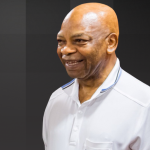
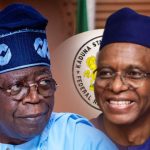
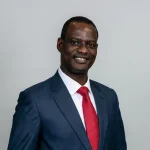

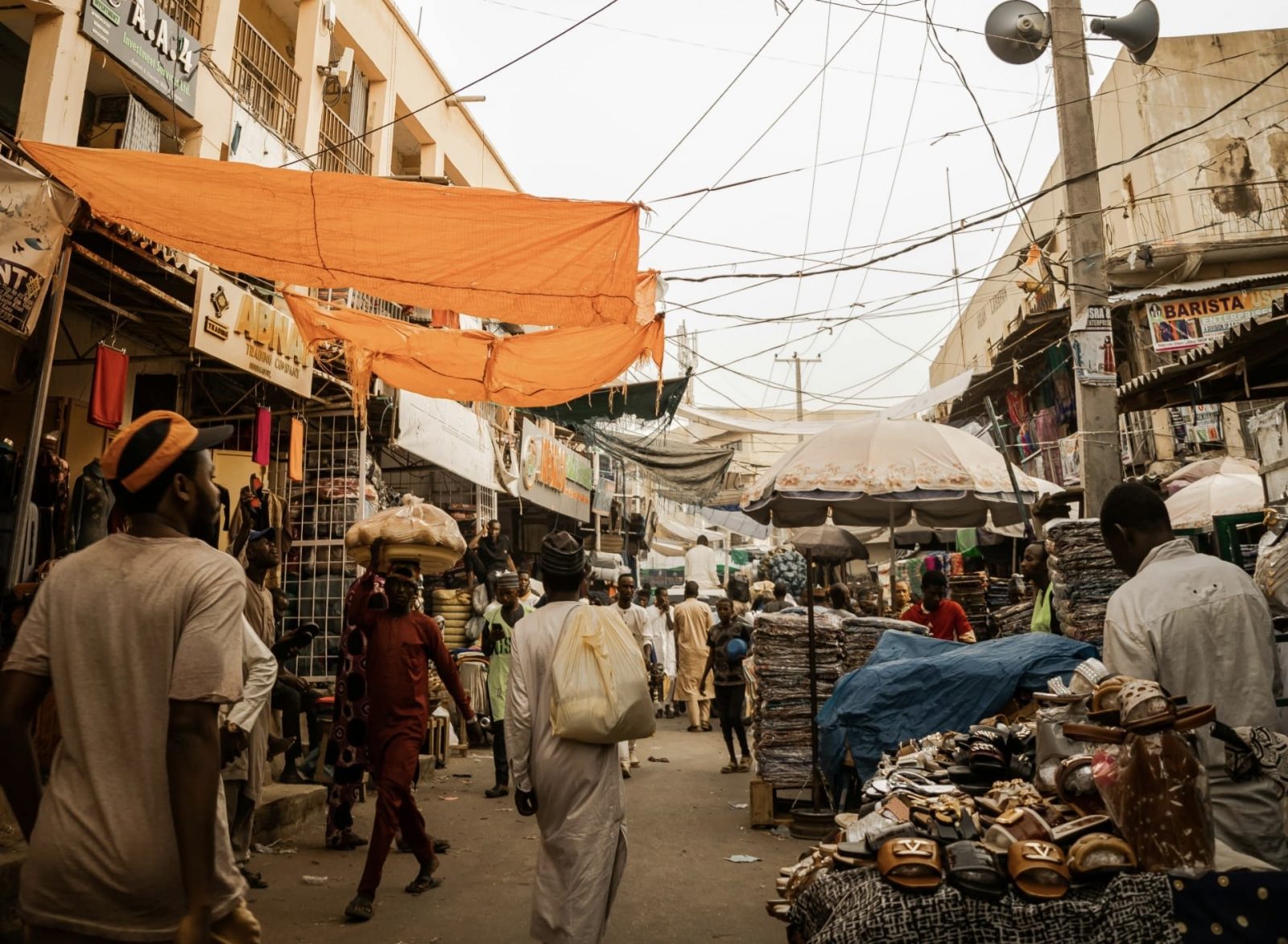



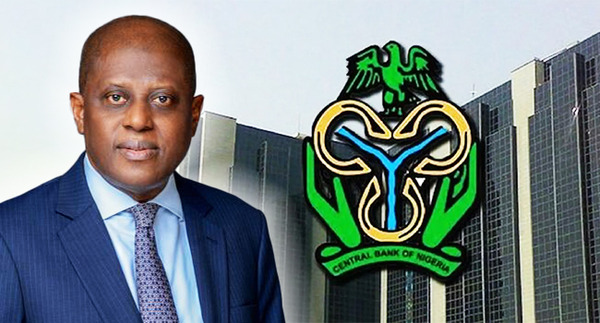
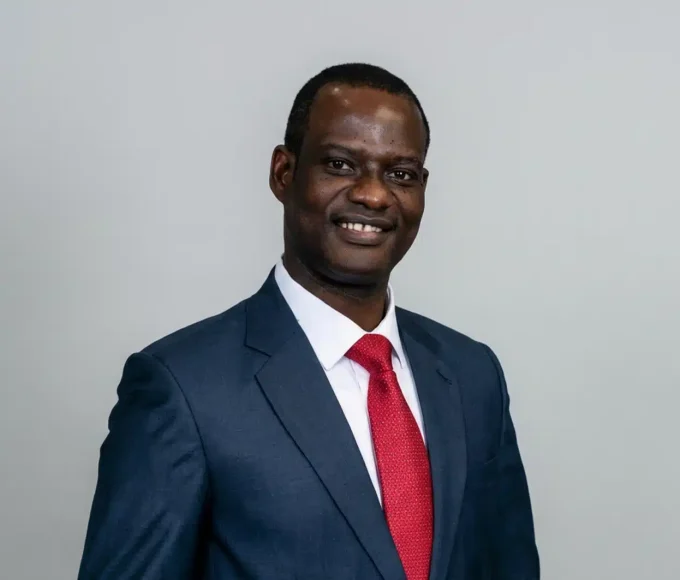
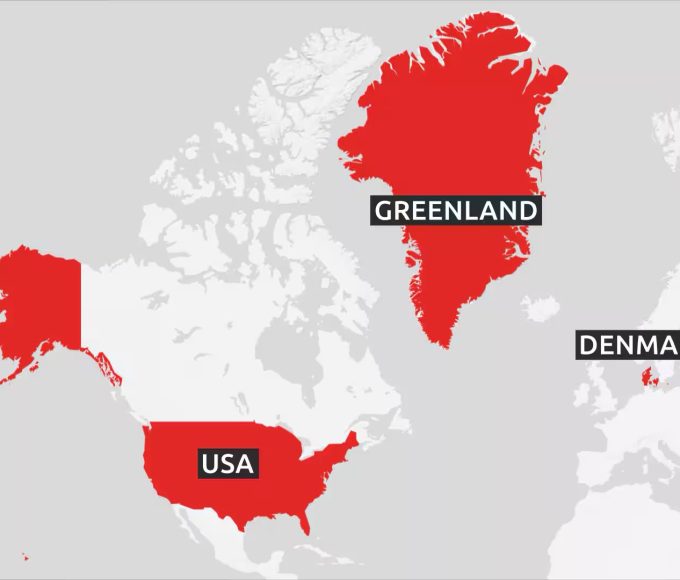
Leave a comment